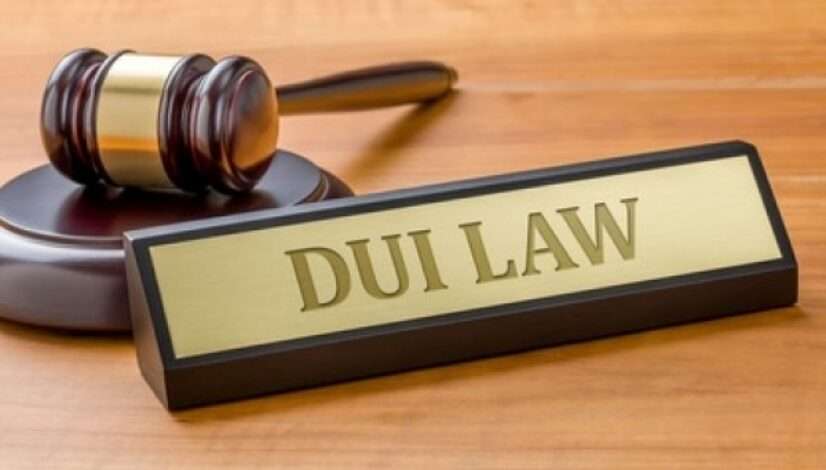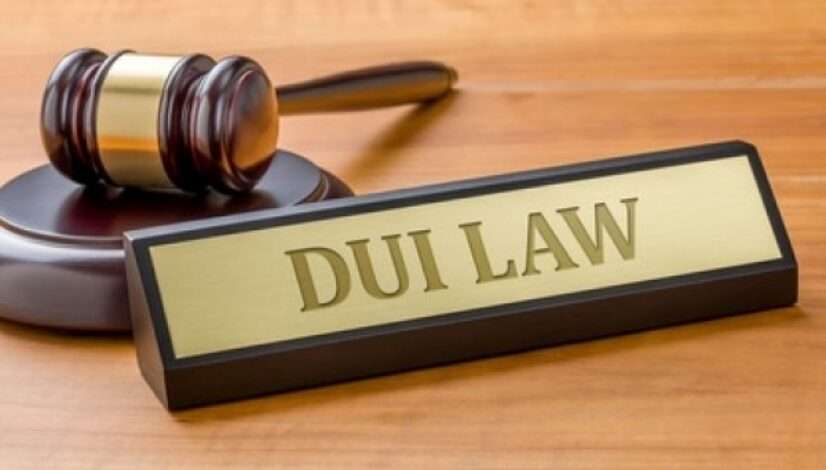Understanding the Role of Domestic Violence in Child Custody Cases

Strong 8k brings an ultra-HD IPTV experience to your living room and your pocket.
When allegations of domestic violence arise in the context of child custody, courts must carefully consider how these allegations affect the child's safety and overall welfare. There are many different types of domestic violence, such as verbal, physical, emotional, and financial abuse. Exposure to such violence can have long-lasting effects on children, including anxiety, depression, behavioral issues, and difficulties in forming healthy relationships.
Judges are aware of these potential effects and take them into account when making custody decisions. In many jurisdictions, there is a legal presumption against granting custody to a parent who has committed domestic violence, especially if there is evidence that the abuse has directly or indirectly affected the child.
Factors Courts Consider in Domestic Violence Cases
Courts analyze several factors when domestic violence is a component of a child custody case. Some of the key considerations include:
Evidence of Abuse: Courts require evidence of domestic violence, which can include police reports, restraining orders, medical records, witness statements, or testimony from the victim and the child. Solid evidence can significantly influence the court’s decision.
Severity and Frequency of Abuse: The nature, severity, and frequency of the abuse are critical factors. Repeated or severe instances of violence can lead to more restrictive custody arrangements for the abusive parent.
Impact on the Child: Courts assess how the domestic violence has affected the child’s physical and emotional well-being. Even if the child was not directly harmed, witnessing domestic violence can be detrimental to their development.
Risk of Future Harm: The court will consider whether the abusive parent poses an ongoing risk to the child or the other parent. This includes evaluating whether the abusive behavior has continued or whether the abuser has taken steps to address their behavior, such as undergoing therapy or anger management.
Parental Fitness: Domestic violence raises questions about the abusive parent’s ability to provide a safe and nurturing environment. Courts are less likely to grant custody to a parent whose behavior demonstrates a lack of regard for the child's emotional and physical safety.
Custody Arrangements in Domestic Violence Cases
In cases involving domestic violence, courts aim to create custody arrangements that prioritize the child's safety. Common outcomes include:
Supervised Visitation: If the court deems that the abusive parent poses a risk to the child, they may only allow supervised visitation. This means visits between the parent and child occur in a controlled environment with a third party present to ensure the child's safety.
Limited or No Visitation: In extreme cases, the court may deny visitation rights to the abusive parent if it determines that any contact would be harmful to the child.
Sole Custody: Courts may grant sole physical and legal custody to the non-abusive parent. This arrangement gives the protective parent full decision-making authority and minimizes the child's exposure to the abusive parent.
Restraining Orders: Courts can issue restraining orders that not only protect the victim's parent but also include provisions to safeguard the child, such as preventing the abusive parent from approaching the child's school or daycare.
The Role of Attorneys in Protecting the Child's Best Interests
Attorneys play a vital role in navigating the complexities of child custody cases involving domestic violence. The domestic violence lawyer Fort Lauderdale works diligently to ensure that the court fully understands the severity of the situation and to advocate for an outcome that serves the best interests of the child. Here's how attorneys can help:
Gathering Evidence: An attorney will gather and present evidence of domestic violence, including documentation such as police reports, medical records, and eyewitness testimony. This evidence is crucial in persuading the court of the need for protective measures.
Protecting the Client's Rights: For the non-abusive parent, an attorney will advocate for their right to provide a safe environment for their child, seeking custody arrangements that minimize the child's exposure to the abusive parent.
Navigating Legal Processes: Child custody cases involving domestic violence often involve multiple legal proceedings, such as restraining orders, criminal cases, and custody hearings. Attorneys help their clients navigate these processes, ensuring that all necessary legal protections are in place.
Developing Safety Plans: Attorneys work with their clients to develop safety plans that protect both the child and the non-abusive parent. This includes securing restraining orders, setting up supervised visitation, and creating clear custody arrangements that reduce the risk of further abuse.
Advocating for Support Services: In some cases, a Fort Lauderdale domestic violence attorney may advocate for the abusive parent to receive support services, such as counseling or anger management, as a condition of any future visitation rights. This can be a step toward ensuring a safer environment for the child if contact with the abusive parent is to be resumed.
Whether through gathering compelling evidence, navigating complex legal processes, or advocating for safety measures, legal representation is essential for securing a safe and nurturing environment for children caught in the crossfire of domestic violence.
Note: IndiBlogHub features both user-submitted and editorial content. We do not verify third-party contributions. Read our Disclaimer and Privacy Policyfor details.




